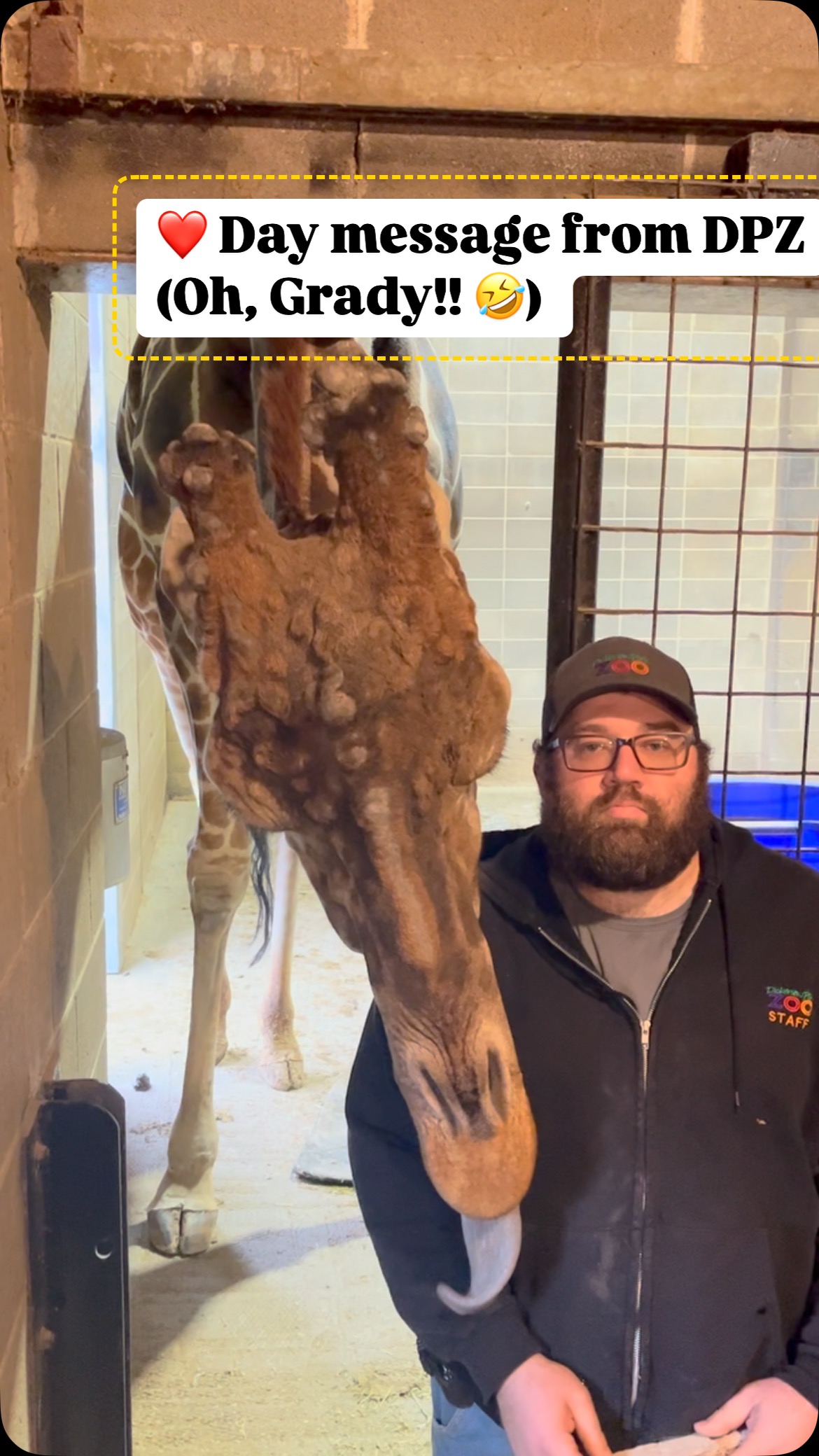- Grady’s playful behavior and its impact on zookeeper Matt
- The role of enrichment in animal welfare and zoo management
- Insights into the daily routine of zookeepers
- The significance of human-animal interactions in wildlife conservation
- Strategies for effective animal care and management in zoos
Grady, a spirited resident of the zoo, continually challenges the dedication and reflexes of his caregiver, Matt. As Grady engages in playful antics, he not only entertains visitors but also serves as a reminder of the essential role of enrichment in the lives of animals under human care. Enrichment is a critical component in zoo management, designed to foster natural behaviors and cognitive engagement in captive animals. Grady’s playfulness highlights the need for zookeepers like Matt to remain observant and adaptive, ensuring that animals receive the mental and physical stimulation necessary for their well-being.
The concept of enrichment transcends simple play; it is a vital aspect of animal husbandry that involves providing a diverse array of stimuli to mimic the complexity of an animal’s natural habitat. This can include sensory enrichment, such as novel scents or sounds; cognitive challenges, like puzzle feeders; and physical elements that encourage exploration and movement. For zookeepers, implementing these strategies requires creativity and a profound understanding of the species-specific needs. It means constantly innovating to prevent habituation and ensure animals remain engaged and healthy.
The day-to-day routine of a zookeeper is anything but monotonous. Caring for animals like Grady demands not only physical exertion but a finely tuned sense of empathy and observation. Zookeepers must monitor dietary needs, health, and behaviors, all while maintaining the habitats. This role is pivotal in wildlife conservation efforts as it bridges the gap between the animals and visitors, fostering an environment where people can learn about wildlife and the importance of preservation. Educating the public about conservation issues through direct observation and interaction helps to instill a sense of responsibility and action toward wildlife conservation efforts.
Human-animal interactions are foundational to the work of zookeepers. These relationships, meticulously developed over time, allow keepers to understand their charges deeply, enabling them to predict behavior and gauge health and wellness effectively. Positive interactions also reduce stress for the animals, leading to improved mental and physical health. The trust built between Grady and Matt exemplifies the potential of such relationships to enhance the quality of life for both animals and humans involved in zoo environments.
In striving for effective animal care and management, zoos must adopt multifaceted strategies. This includes the continuous training of staff, investing in research to improve care techniques, and implementing conservation programs. Zoos should work alongside conservation organizations to support in-situ and ex-situ conservation efforts, playing a part in global initiatives that aim to protect species and their habitats. Grady’s playful antics may seem simple at face value, but they underscore important lessons in zoo management and wildlife conservation.
These interactions not only shape the lives of the animals but also influence the public’s attitude toward conservation. Through educational programs and engaging experiences, zoos have a unique opportunity to raise awareness and foster a deeper appreciation for the natural world. Grady’s moments of joy thus serve a purpose far greater than amusement; they are a testament to the impact that well-managed zoos can have on both animal welfare and public consciousness.
In observing Grady’s bond with his zookeeper, we witness the foundational principles at play in effective zoo management. Through enrichment and dedicated care, zookeepers ensure the animals under their care not only survive but thrive, all while contributing to the broader mission of wildlife conservation.
*****
Source Description
Grady keeps Keeper Matt on his toes.


